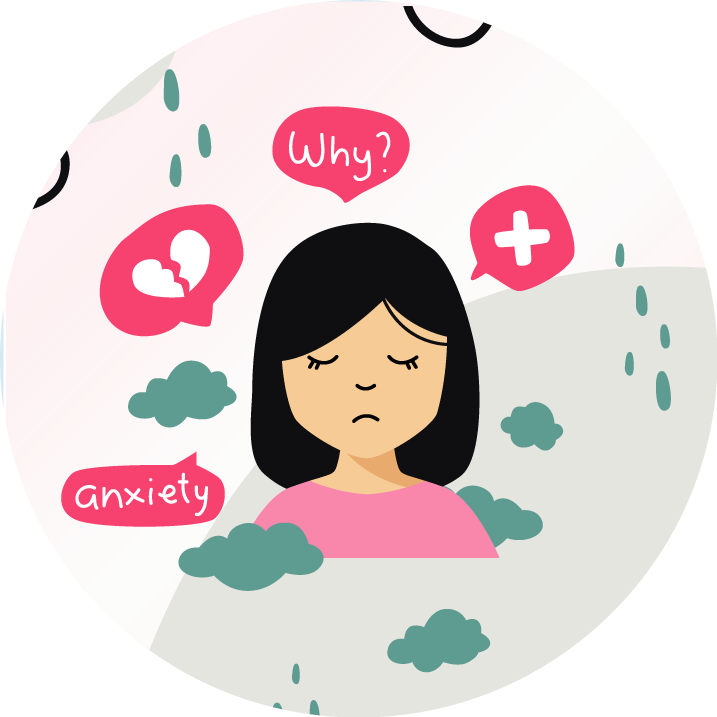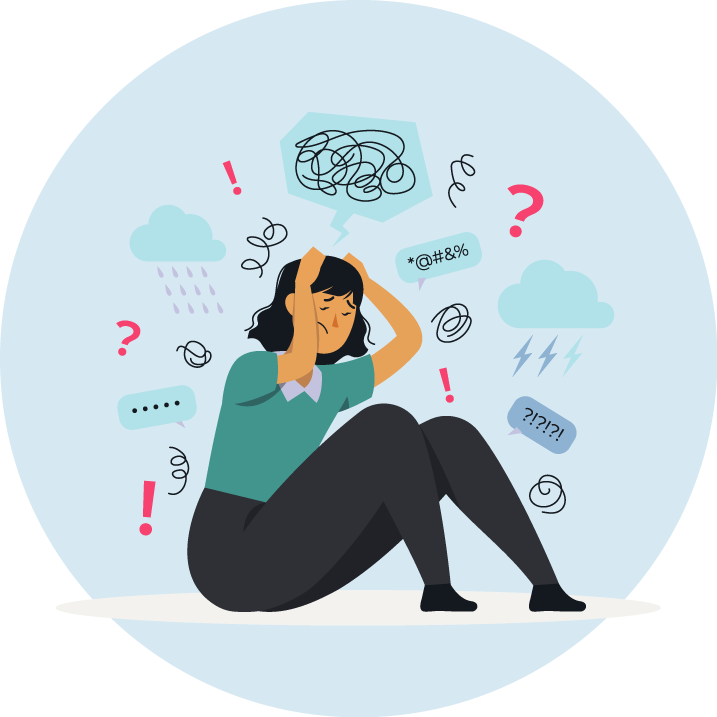Is Online Dating a Lost Cause for the Indian Young Population

Is Online Dating a Lost Cause for the Indian Young Population
September 19 2025 TalktoAngel 0 comments 111 Views
In recent years, online dating has surged across India, especially in urban centers, as smartphones and mobile internet access have become deeply embedded in young adults' social lives. Platforms such as Tinder, Bumble, Hinge, Truly Madly, and Indian apps have enabled Indians in their early 20s and 30s to seek romantic connections outside traditional family-and community-arranged frameworks. While this digital dating revolution offers unprecedented autonomy, many young Indians now question whether online dating is truly effective or if it might be, in fact, a “lost cause” for many.
Online dating has undeniably reshaped the social environment among India’s youth. Traditional relationship models, predominantly family?arranged marriages, caste?based or community?based matchmaking, are giving way to algorithm?driven swipes where individuals choose based on personal preferences and lifestyle alignment (TechSphere Insights, 2025). Dating app users report more choice, increased privacy, and a shift from parental decision?making to self?agency. Particularly in metros, youth increasingly delay marriage and value compatibility, emotional maturity, and mutual respect (QuackQuack survey, 2025).
Yet within this digital realm, many young Indians report frustration and disappointment. Ghosting, cat?fishing, false profiles, unsolicited messages, and emotional burnout are common complaints. Women, for instance, often face harassment and message overload, while men face skewed gender ratios (often 90% male users) that make matches scarce or shallow. Many long?time users describe online dating as “high?effort, low?reward,” more akin to a tedious job interview than a fulfilling romantic venture (Economic times article, 2023).
Impact on Mental Health & Social Skills
A growing body of research reveals unsettling links between dating app use and mental health among Indian youth. Surveys indicate that around 45?% of Tinder users report depression linked to the pressures and rejection cycles inherent in swiping culture (LinkedIn?compiled report). Excessive choice leads to decision fatigue, and repeated rejection erodes self?esteem. Users often internalize superficial metrics, likes, matches, and photos as reflectors of personal worth, perpetuating anxiety and loneliness.
Moreover, online interactions can erode in?person social skills. When conversations begin and end inside app messaging systems, it diminishes abilities like reading non?verbal cues or sustaining real?world dialogue, making offline dating harder. The blurred lines between online charm and real chemistry often result in mismatches, further reinforcing cynicism about digital love.
Cultural Tensions and Family Pressures
India’s youth also grapple with enduring cultural expectations. While dating apps offer freedom, family preferences on caste, religion, and community still exert a strong influence. Many young users pursue partners discreetly or seek matches within their ethnic group to avoid family disapproval. This creates a tension: wanting personal choice yet constrained by traditional familial norms. Austere family expectations can lead to breakups even when personal affinity exists. For many young Indians, dating remains a high?stakes gamble: defying religious, caste or class boundaries can strain relationships with parents, leading to emotional conflict or outright rejection. Family remains a powerful arbiter, even when young people attempt to subvert arranged norms via apps.
Adolescent Risks
Among younger users, late teens and early 20s dating has become more commonplace but also riskier. Urban adolescent dating, including online meetups, is associated with unsafe sexual practices, unplanned pregnancies and exploitation. Several state agencies and newspapers document the usage of child welfare services, child protection interventions, and legal action under POCSO legislation for minors engaged in risky behaviour (Consortium Psychiatric Review, India). These risks raise concerns about emotional readiness, privacy consent and parental guidance when minors use adult?oriented platforms.
Has Online Dating Failed?
Given the above insights, many Indians wonder: Is online dating a “lost cause”? For some, it may feel that way. A Reddit thread reflecting Gen?Z frustration states: “After going through the emotional kabaddi of talking stage … Gen?Z is giving up on dating apps … now finding peace in abstinence and love on matrimonial sites … warming up to the vintage vibe of arranged dating” (Reddit, 2024). This tone reflects disillusionment, the feeling that despite endless choice, meaningful connections are rare.
Moreover, active users on many apps in India have declined sharply; five leading platforms saw a 20–55?% drop in Android MAUs between late 2022 and late 2023 (Economic Times). This usage decline may signal fatigue: people uninstall apps after negative experiences or low success rates, questioning the perceived value of online dating.
However, declaring online dating a universal “lost cause” would overlook genuine success stories, couples who met through apps and later bridged community and familial acceptance, as well as LGBTQ+ users who find rare safe spaces online to express identity and find partners. Platforms enforcing gender?diverse options, such as Tinder’s addition of multiple gender identities in collaboration with Indian advocacy groups, have enabled more inclusive connections.
So while many young Indians find online dating exhausting, others have used it meaningfully to meet like?minded people beyond geographical and caste, matchmaking confines, especially in metros and tier?2 cities.
Key Points
- Social Shift: Online dating introduces autonomy and choice, challenging traditional arranged frameworks in urban India.
- Mental Health Strain: High rejection rates, ghosting, and curated profiles contribute to anxiety, loneliness and depression.
- Cultural Disjunction: Family expectations and caste/religion norms often conflict with app?facilitated freedoms.
- Emotional Fatigue: Many users report dating app burnout and are abandoning platforms amid limited success.
- Not Entirely Lost: LGBTQ+ individuals and some couples cite successful outcomes; offline?integrated community events offer alternatives.
Conclusion
Online dating for India’s youth is not inherently a lost cause, but it is certainly far from a guaranteed route to love. It has undeniably reconfigured social landscapes: offering freedom, wider access, and new opportunities while exposing emotional vulnerabilities and cultural friction. For many, digital dating brings temporary connections, psychological strain, and repeated disappointment—challenges that can often be addressed through therapies like Cognitive Behaviour Therapy (CBT), Acceptance and Commitment Therapy (ACT), and mindfulness-based approaches. Yet, for others—especially those in inclusive urban or educated environments, it still represents a space of self-expression, exploration, and occasionally meaningful partnerships. For individuals navigating the emotional ups and downs of online dating, seeking professional support through TalktoAngel, India’s trusted platform for online counselling, can be an effective step. With access to some of the best therapist in India, young people can find healthier ways to manage expectations, build resilience, and foster authentic connections both online and offline.
Online dating in India occupies a tough, transitional space, at once empowering and emotionally taxing, liberating yet laden with cultural dissonance. It is not wholly lost, but it often falls short of expectations. Whether a person perceives it as failure or a chance depends on their resilience, context and the emotional toolbox they bring to the digital search for connection.
Contributed by: Dr (Prof.) R K Suri, Clinical Psychologist & Life Coach, & Ms. Shweta Singh, Counselling Psychologist
References
- Consortium Psychiatricum. (n.d.). Impact of online dating on the adolescent population: a brief review of the literature with special reference to the Indian scenario.
- Paramount Insights. (2022). Indian teens and young adults are increasingly cynical about relationships.
- Economic Times. (2023). Fall in love: Is online dating getting outdated?
- TechSphere Insights. (2025). Love in the Time of Algorithms: How Dating Apps Are Rewriting Romance in Digital India.
- QuackQuack survey. (2025, May 19). Modern Indian youth priorities career and values over relationships.
- Wikipedia. (2025). Humsafar Trust & Tinder gender inclusivity initiative.
Leave a Comment:
Related Post
Categories
Related Quote

“Remember: the time you feel lonely is the time you most need to be by yourself. Life's cruelest irony.” - Douglas Coupland

“Anxiety is a thin stream of fear trickling through the mind. If encouraged, it cuts a channel into which all other thoughts are drained.” - Arthur Somers Roche

"It is okay to have depression, it is okay to have anxiety and it is okay to have an adjustment disorder. We need to improve the conversation. We all have mental health in the same way we all have physical health." - Prince Harry

“Stress is an ignorant state. It believes that everything is an emergency. Nothing is that important.” - Natalie Goldberg

"Difficulties in your life do not come to destroy you but to help you realize your hidden potential and power. Let difficulties know that you too are difficult." - APJ Abdul Kalam
Best Therapists In India


































SHARE